Crippling attacks on Hamas, Hezbollah are shifting the balance of power in the Middle East
Published Oct 16, 2024 • Last updated 0 minutes ago • 5 minute read

A little more than a year after the Hamas massacre, Israel is shifting the balance of power in the Middle East with a stunning display of strategic, tactical, intelligence and technological genius that Gerard Baker of the Wall Street Journal says, “will rank among the most important contributions to the defence of western civilization in the past three-quarters of a century.”
Advertisement 2
THIS CONTENT IS RESERVED FOR SUBSCRIBERS
Enjoy the latest local, national and international news.
- Exclusive articles by Conrad Black, Barbara Kay and others. Plus, special edition NP Platformed and First Reading newsletters and virtual events.
- Unlimited online access to National Post and 15 news sites with one account.
- National Post ePaper, an electronic replica of the print edition to view on any device, share and comment on.
- Daily puzzles including the New York Times Crossword.
- Support local journalism.
SUBSCRIBE FOR MORE ARTICLES
Enjoy the latest local, national and international news.
- Exclusive articles by Conrad Black, Barbara Kay and others. Plus, special edition NP Platformed and First Reading newsletters and virtual events.
- Unlimited online access to National Post and 15 news sites with one account.
- National Post ePaper, an electronic replica of the print edition to view on any device, share and comment on.
- Daily puzzles including the New York Times Crossword.
- Support local journalism.
REGISTER / SIGN IN TO UNLOCK MORE ARTICLES
Create an account or sign in to continue with your reading experience.
- Access articles from across Canada with one account.
- Share your thoughts and join the conversation in the comments.
- Enjoy additional articles per month.
- Get email updates from your favourite authors.
THIS ARTICLE IS FREE TO READ REGISTER TO UNLOCK.
Create an account or sign in to continue with your reading experience.
- Access articles from across Canada with one account
- Share your thoughts and join the conversation in the comments
- Enjoy additional articles per month
- Get email updates from your favourite authors
Article content
Hamas is in retreat, Hezbollah’s leadership has been decimated, along with much of its arsenal, and most, but not all, of Iran’s unprecedented ballistic missile attack on Israel was successfully intercepted. Plaintive calls for de-escalation and ceasefires have been ignored as Israel is determined to press its advantage despite the risk of an all-out regional war. Israel is striking hard and selectively because it does not want grinding wars of attrition on multiple fronts.
Iran’s latest attack was sparked by Israel’s brilliant demonstration of intelligence and precision bombing that hit a deep bunker in Lebanon on Sept. 27, killing Hassan Nasrallah, Hezbollah’s long-time leader, along with several of his top lieutenants and an Iranian general, and by the July assassination of Hamas’s political leader, Ismail Haniyeh, in Tehran. Earlier last month, booby-trapped Hezbollah pagers and walkie-talkies were detonated in Lebanon, seriously compromising the terror group’s communications systems. (Iran quickly banned the use of similar devices by its people.)
By signing up you consent to receive the above newsletter from Postmedia Network Inc.
Article content
Advertisement 3
Article content
Israeli airstrikes on Beirut have killed much of the leadership of Hezbollah’s elite Redwan Force and several brigade and battalion commanders. One strike took out Ibrahim Aqil, a U.S.-designated terrorist with a US$70-million bounty on his head. It was Aqil who masterminded the 1983 bombing of the U.S. Embassy and a U.S. Marines barracks in Beirut, killing more than 300 people, mostly Americans. An Israeli airstrike on Beirut in late September killed Ibrahim Qubaisi, reportedly the commander of Hezbollah’s missile and rocket force.
Israel continues to pummel Hezbollah with air attacks and rockets (more than 3,000 this month alone) and limited ground incursions into Lebanon specifically aimed at the terror group’s munitions facilities. After Hezbollah targeted Tel Aviv with a long-range missile (it was intercepted by the IDF’s Aerial Defence Array), Israel responded by striking the missile’s launch site in southern Lebanon. Netanyahu is determined to secure a buffer that will allow the 60,000 Israeli citizens who have evacuated northern Israel to return to their homes, schools and a semblance of their livelihoods. Weakening Hezbollah also weakens Iran.
Advertisement 4
Article content
Having concentrated heavily on the ceasefire negotiations involving Israel and Hamas, and despite repeated assurances that a ceasefire between Israel and Hamas and the release of hostages was “very close,” the White House now acknowledges that a deal may not happen before Joe Biden’s term is over. Biden now has less influence on events on the ground both with Israel and with Iran. No one knows this better than Israeli Prime Minister Benjamin Netanyahu, who exploits the power vacuum to his own advantage. Washington is scrambling to expand its forces in the region and provide support for Israel to mitigate the new threat from Iran.
Attempting to be even-handed given domestic political pressures in an election year, the Biden-Harris administration insists its support for Israel is “ironclad” while being openly critical of Israeli attacks in Gaza and restricting some of its munition exports. It is a difficult balancing act, described by Gerard Baker as “a false equivalence that says more about the moral disorder in our own politics than about Israel’s motives and actions.”
Advertisement 5
Article content
The precarious situation has prompted Donald Trump to declare, in his inimitable manner, that the election of Kamala Harris as U.S. president would “lead to the annihilation of Israel.”
No wonder Netanyahu is reluctant to pause.
The prospect of Iran achieving nuclear weapons adds a diabolic twist to events. By circumventing oil sanctions and obtaining billion-dollar cash payments in exchange for the release of hostages, Iran was able to ramp up its nuclear capability and fund munitions for its regional proxies. Israel certainly has the capability and the will to destroy Iran’s nuclear facilities, as it did years ago with Syria, but Biden has openly advised Israel not to do so. He would have been more prudent to echo what Republican vice-presidential candidate, Sen. J.D. Vance, stated during the vice-presidential debate: “It is up to Israel what they think they need to do to keep their country safe.”
Molly-coddling Iran serves no purpose. As the Wall Street Journal observed: “This is the thinking that has led to the collapse of U.S deterrence on Mr. Biden’s watch.”
Advertisement 6
Article content
Any notion of a “two-state solution” in the current conflict seems increasingly remote, particularly in the minds of the many Israelis who now support Netanyahu for his spectacular successes against Hezbollah. The Hamas massacre of October 7 quashed their acceptance of a separate Palestinian state, one they fear would undoubtedly be susceptible to terrorist control.
A dramatic way to break the current juggernaut and breathe new life into a two-state solution would be to convince Saudi Arabia to recognize Israel, building on the Abraham Accords, and assume a prominent security and rehabilitation role in a post-conflict Gaza. (The Hamas attack from Gaza was seen as an attempt to block such a diplomatic coup.) That could create conditions for a realistic two-state solution. Such a bold step is unimaginable with a “caretaker” U.S. administration but may be something a new president, like Trump, would be willing to try next year. It would certainly help stymie Iran’s aspirations.
Meanwhile, Netanyahu is taking his time deciding how to retaliate against Iran’s latest attack, carefully calibrating divisions in his government and pleas for caution from Washington. Israel’s action is likely to be strategic and surgical, not symbolic, because while, for some, “peace through strength” is a political statement, for Israel, it is essential for survival. Success in war does not guarantee permanent peace but, for Israel, it is the necessary option.
National Post
Derek H. Burney is a former 30-year career diplomat who served as Ambassador to the United States of America from 1989 to 1993.
Recommended from Editorial
-

Derek Burney: America must beware the perils of isolationism
-

Derek Burney: The axis of autocrats must be confronted
Article content
.png)
 2 hours ago
7
2 hours ago
7


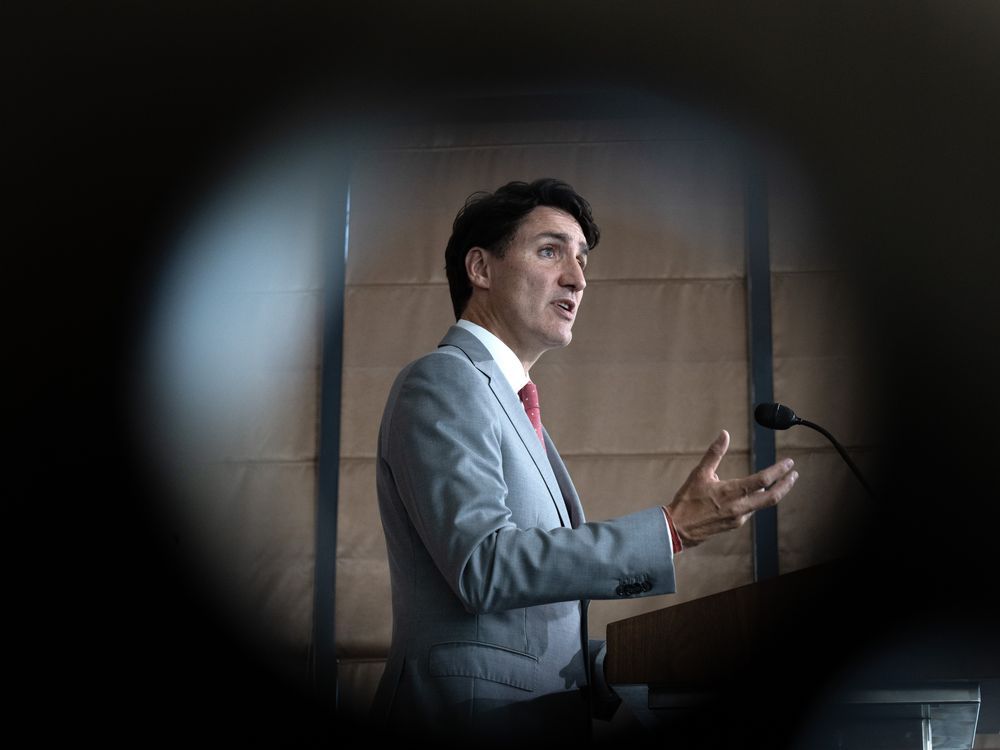

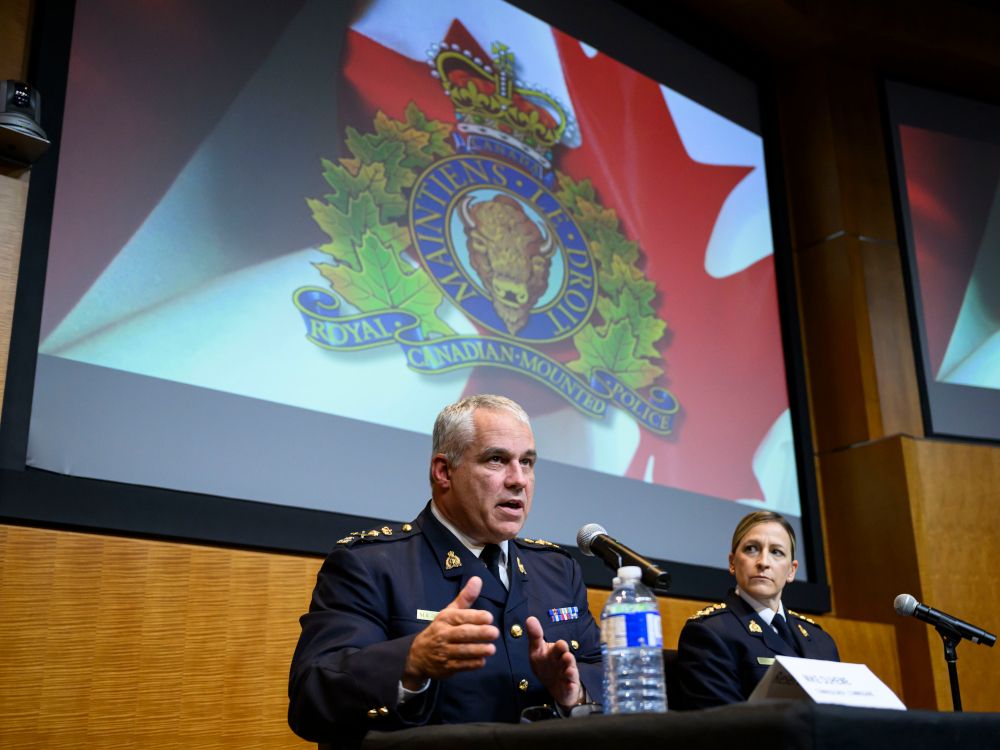


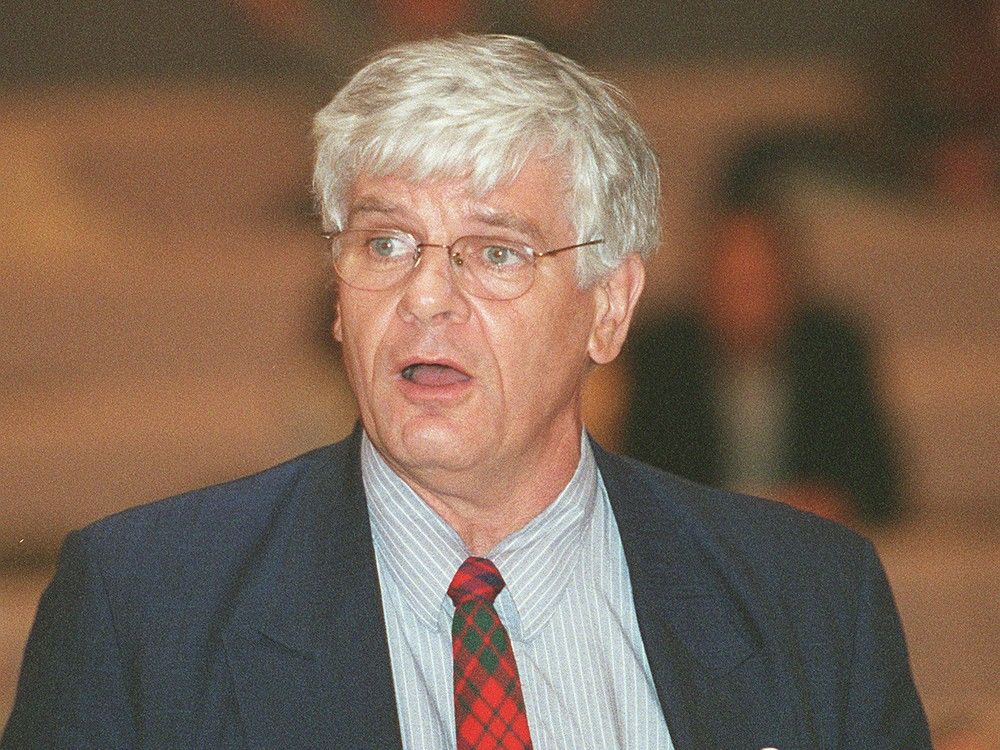




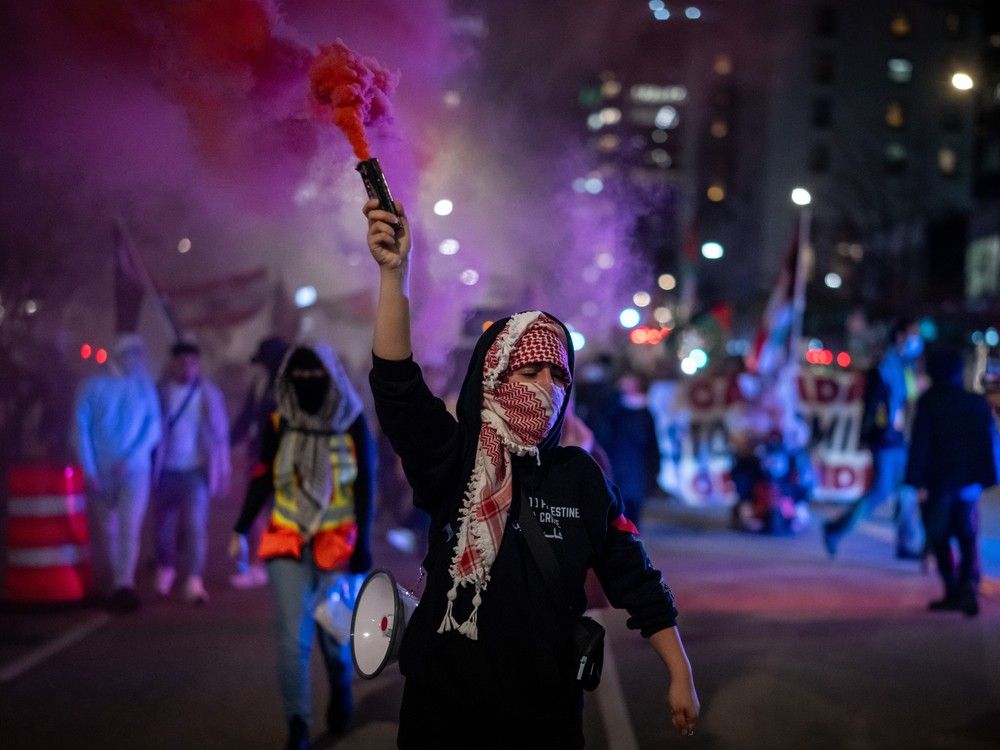















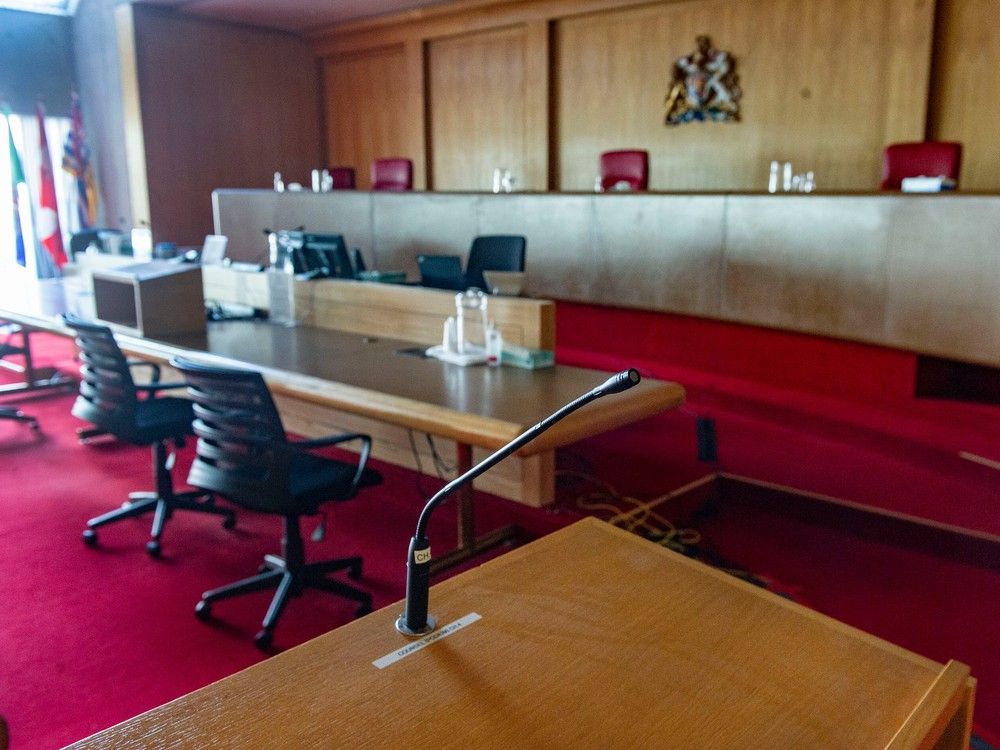

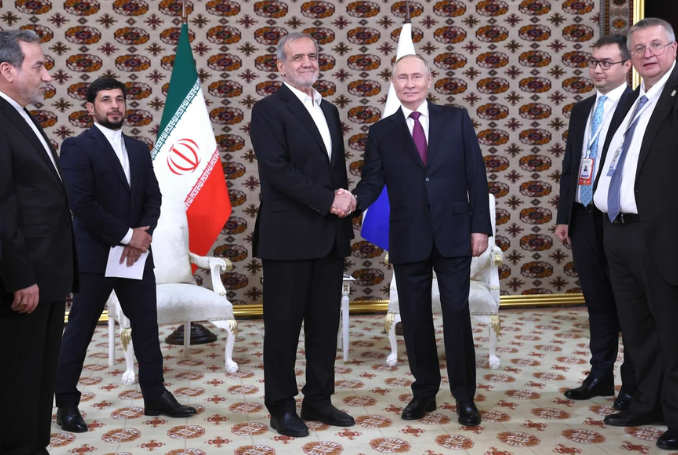


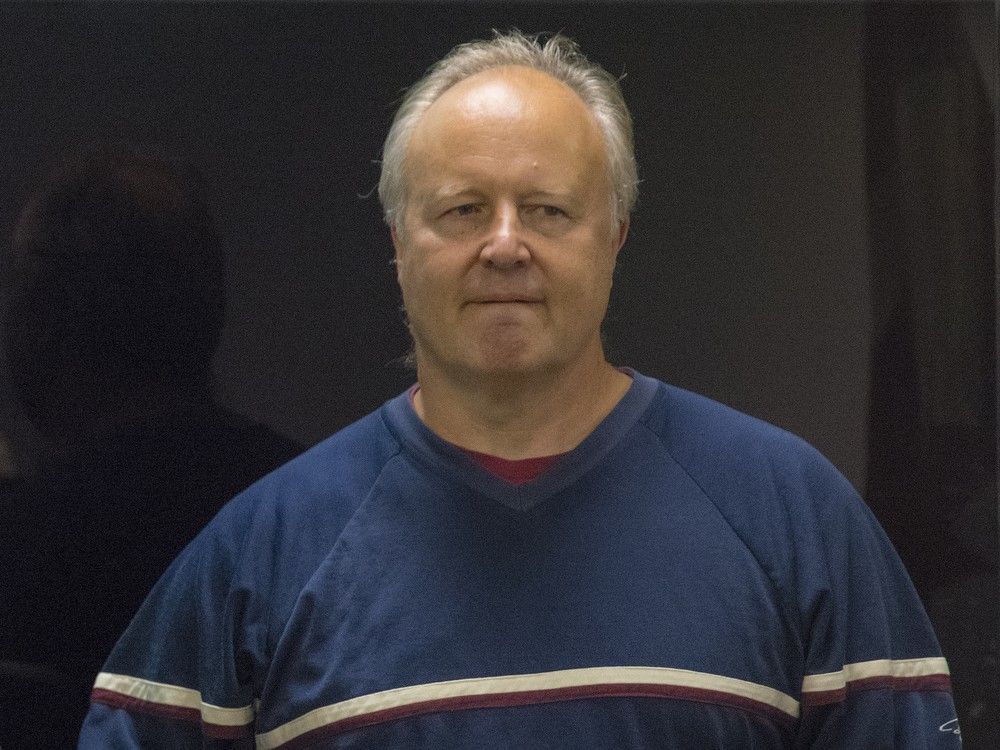


 Bengali (BD) ·
Bengali (BD) ·  English (US) ·
English (US) ·